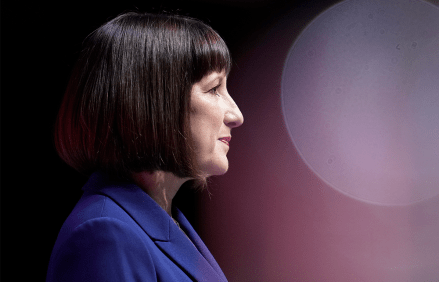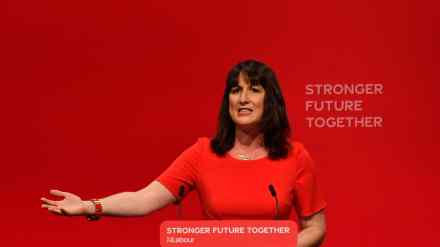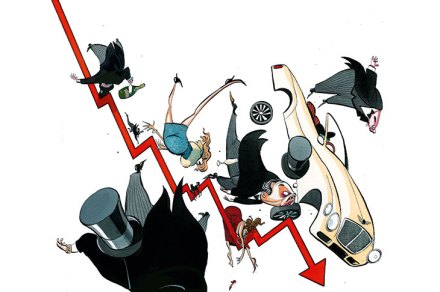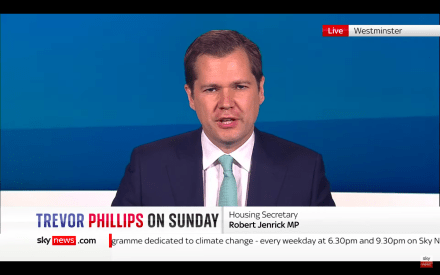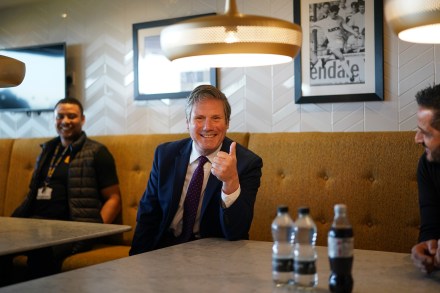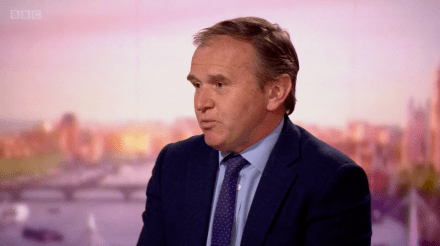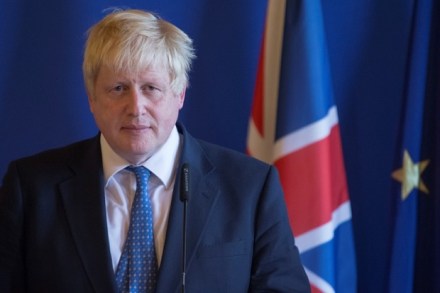Is this Rachel Reeves’s idea of a programme for growth?
It is certainly true that the Labour party has been more than a little devious over the tax rises that are to come. After an election campaign in which it insisted it had no plans – and no need – to increase taxes beyond a few measures such as extending VAT on school fees, mysterious holes started appearing in the public finances as soon as the party achieved office. So acute, apparently, is the lack of funds that Sir Keir Starmer felt the need to warn us this week that October’s Budget will be ‘painful’. It is an old trick, which David Cameron and George Osborne also tried to pull












